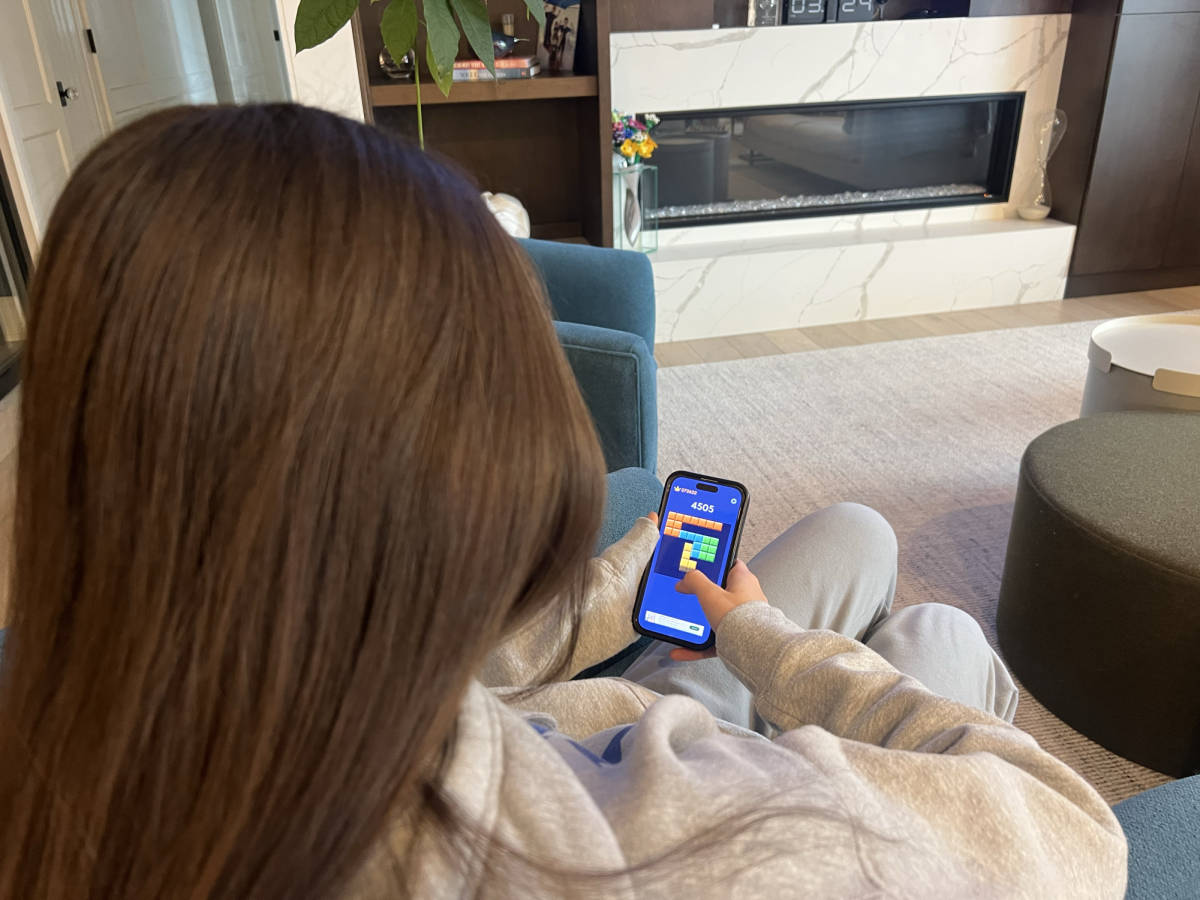Margo Williams A few weeks ago, Imagination Theatre came to our school and, through skits and tentative conversation, clarified notions of what a constructive, respectful discussion looks like. This production was timely, given the upcoming November 8 presidential election. After leaving the auditorium, curious for further information, I wanted to rush over to our Honors Politics teachers, Mr. Greer and Ms. Gallagher, and ask them related questions. That said, I curbed my enthusiasm and waited to email them. Their answers not only give an insight into their classroom dynamic, but they also allow us to see the amount of deliberate care that they put into each of their classes. We, as a student body, are very fortunate to have so many teachers in every academic subject that, in addition to teaching, feel a responsibility to provide us with opportunities to make sense of the world however we choose, feeling respected through the entire journey. Margo: Has a student in your class ever shifted their political conversation into a personal attack? If so, how do you respond to the situation? Mr. Greer: So far, no! But when the class developed its classroom norms at the beginning of the year we discussed that possibility. If it would happen, the best practice for a teacher in response is pretty straightforward. My job is to 1) name what is happening; 2) interrupt it; 3) follow up with the “attacker” and “attacked” outside of class to re-establish expectations and repair the relationship between the students. Margo: Do you hide your political ideologies in your classroom? If so, why? Mr. Greer: I do my best to hide them. As the teacher, I have a degree of power in the classroom, and I need to be aware of that at all times. My role is to help my students clarify and form their own beliefs, not explain my own. My responsibility is to build my students’ abilities to challenge their own beliefs, and the beliefs of others, but not become so cynical such that they give up having passionate beliefs at all. Talking about my beliefs gets in the way of that process. Ms. Gallagher: I do because, frankly, it’s not about me. It’s about the students finding their own answers and political values by exploring the issues in complex and dynamic ways. I already know my beliefs and gained those through years of reading, writing, and self-exploration. I tried on a variety of opinions, walked around with them, and came to my own conclusions. I feel really fortunate for getting such experiences and would want my students to have the same opportunity. I also personally think it’s more fun to play devil’s advocate to challenge whatever the prevailing narrative or opinion is, which makes it harder to figure out where I personally am on the issues. Margo: Do you think, if you taught the same class 50 years ago, student discussions would be drastically different from what they are now? Mr. Greer: I’m not simply flattering my B block Honors Politics class when I say our discussions would be so much better informed today than they would have been back then. Obviously, our access to information is exponentially greater than it used to be. As much as we bash social media and the time we spend online, we, as students and teachers, know so much more. The challenge is analyzing and synthesizing it all. But that’s what makes teaching and learning now so fascinating and rewarding. Thank you to Mr. Greer and Ms. Gallagher for taking the time out of your schedules to answer these questions so eloquently!]]>
Categories:
Imagination Theater in the Classroom
October 16, 2016
0



















































